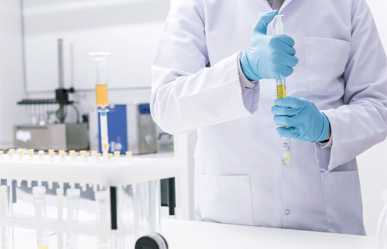
The place where various tools are used for studies based on substances in scientific research is called a "laboratory." In these places, the conformity of various events to known laws and rules is investigated, new tools and instruments are tested, and efforts are made to arrive at new scientific facts.
All sciences have their own laboratories, and these laboratories differ in terms of tools and working methods. A physics laboratory is very different from a chemistry laboratory. In a physics laboratory, physical events in nature are studied, and events that can occur in the structure of objects without changing that structure are investigated. The chemistry laboratory studies the transformation of matter and the substances that regulate these transformations. The biology laboratory conducts examinations on animal and plant life.
Additionally, there are laboratories established in various industrial sectors. In these laboratories, new methods are sought, and what is done is both checked and efforts are made to ensure that they meet the desired standards.
Medical laboratories enable us to understand the production and emergence of microbes, thus recognizing diseases and determining whether they are mild or severe. They also help us understand what drugs should be used. Furthermore, laboratory tests such as blood, sputum, urine, feces, and gastric juice analyses necessary for understanding diseases are also carried out in medical laboratories.
